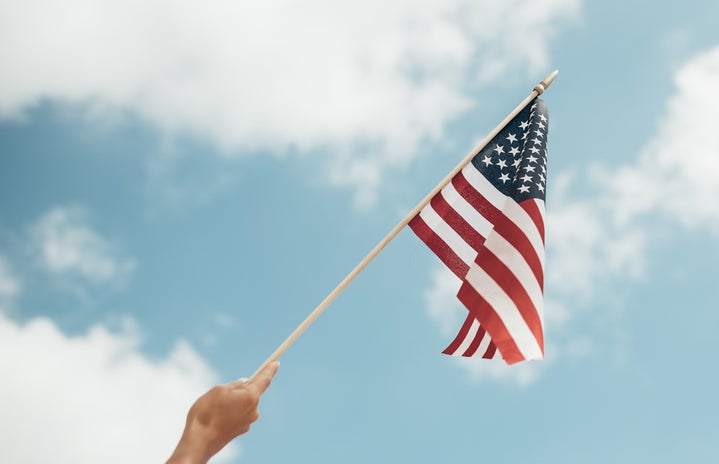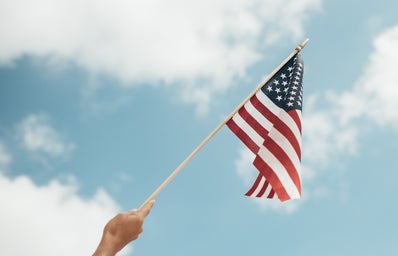Most American high schools teach very little about Asian American history. Growing up, my grandfather lived with my family and would always drive me to school. He immigrated to the United States long ago and through our time together, I developed a very personal connection with the topic of immigration as a whole. However, I didn’t understand all the struggles related to immigration, and I especially didn’t understand that my grandfather spent decades of his early life in fear of deportation. I learned later that everyone prefaced conversations with him by saying, “In America,” followed by something like, “In America, you have to pay taxes,” or “In America, you need to wait in line at the store.” They would not listen when he explained that the 50-cent price he paid already included a five-cent tax or that the manager told him he didn’t need to wait in line if he was just buying his morning newspaper. Though my grandfather has lived in America since he was a teenager, he’s often still treated like an outsider.

Before taking an Asian American studies course at Berkeley, I didn’t understand why Asian Americans “stayed out of politics.” After many hours of studying, I realized that the whole idea of Asian Americans being apolitical was a part of the model minority myth. This Berkeley course opened my eyes to historic events in Asian American history including the Third World Liberation front and the long history of activism in San Francisco’s Chinatown. There are a number of social and political hurdles that Asian Americans have faced when voting in elections. Legal, cultural, and linguistic barriers all play a huge role in low Asian American voter turnout to this day.

Despite all odds, my grandfather has voted in every election that he legally could because he continuously wants to see America improve. However, he wholeheartedly understands that Asian American immigrants are often not treated as a part of this country, which makes it difficult for some of them to stay involved in politics. While it’s definitely important to acknowledge that the Asian American community still has room to grow in terms of political involvement, it’s critical to recognize different obstacles certain Asian Americans face. Although the election is over, it is crucial that the Asian American community research and educate themselves on ways to stay politically involved.



